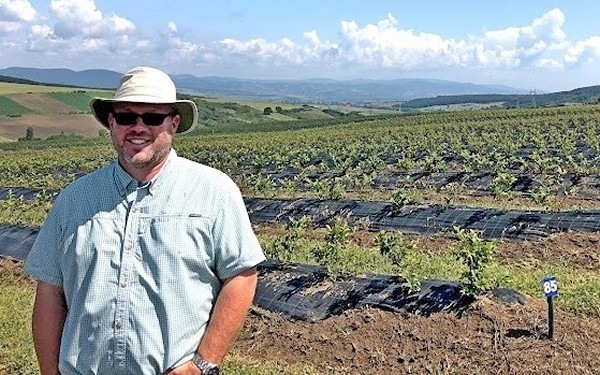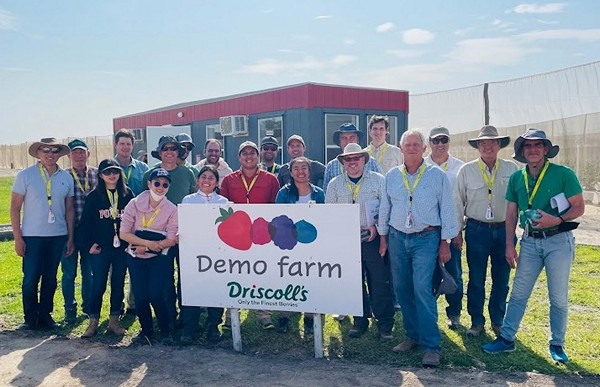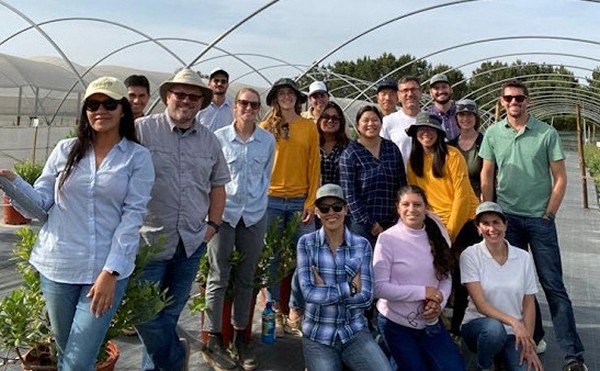Driscoll's, an American agricultural farm with a hundred years in the tradition of blueberries and a modern-day trailblazer in innovation, will be at Macfrut at the International Blueberry Days ( 3-5 May 2023 at the Rimini Expo Centre). The Symposium scheduled for the first day of the fair (Wednesday, 3 May) will feature James Olmstead, director of Driscoll's Blueberry Breeding, who is among the top experts in the world on the small fruits and has also authored about 60 scientific publications in the sector.
Olmstead currently leads a global team of researchers and scientists with the goal of developing the best blueberry cultivars. His contribution to the Berry School on 2 May will be about a breeding program to obtain new pathogen-resistant blueberry varieties.

"With over 900 independent growers worldwide," explains James Olmstead, "the company develops exclusive patented small fruit varieties (strawberry, raspberry and blueberry) using only traditional breeding methods and developing sustainable breeding techniques. Driscoll's now serves year-round consumers in North America, Australia, Europe and Asia in more than twenty-two countries. Driscoll's dedicated research and development operations are based in Watsonville, California, and work to support the business on a global scale. New cultivars that continually improve flavor are the primary focus of the research and development group, and a team of agronomists, farmers, sensory analysts, plant pathologists, and entomologists are working to bring these new cultivars to our independent growers."

Olmstead explains how blueberries have become an increasingly global commodity in recent years. "Over the past two decades, the production of blueberries has gone from being a primarily local and seasonal product to being sold year-round all over the world. Much of this transformation has resulted from the efforts of selective breeding. In particular, the development of cultivars with low temperature requirements, which began in the mid-20th century in Florida, led to a rapid surge of new available genetic sources at the beginning of the expansion period of blueberries on a global scale."

"The history of low- chill cultivars is a fascinating study of the use of native germplasm, of which understanding the genetics of key traits for improvements during this development process has been the focus of blueberry geneticists. As a result, it is hoped the next wave in the development of blueberry cultivars will be characterized by a focus on differentiated fruit supply. It is expected that plant breeding, genetics and genomics will once again play a major role in how the global blueberry industry addresses the challenges of providing a better consumer experience by increasing sustainable production practices."
